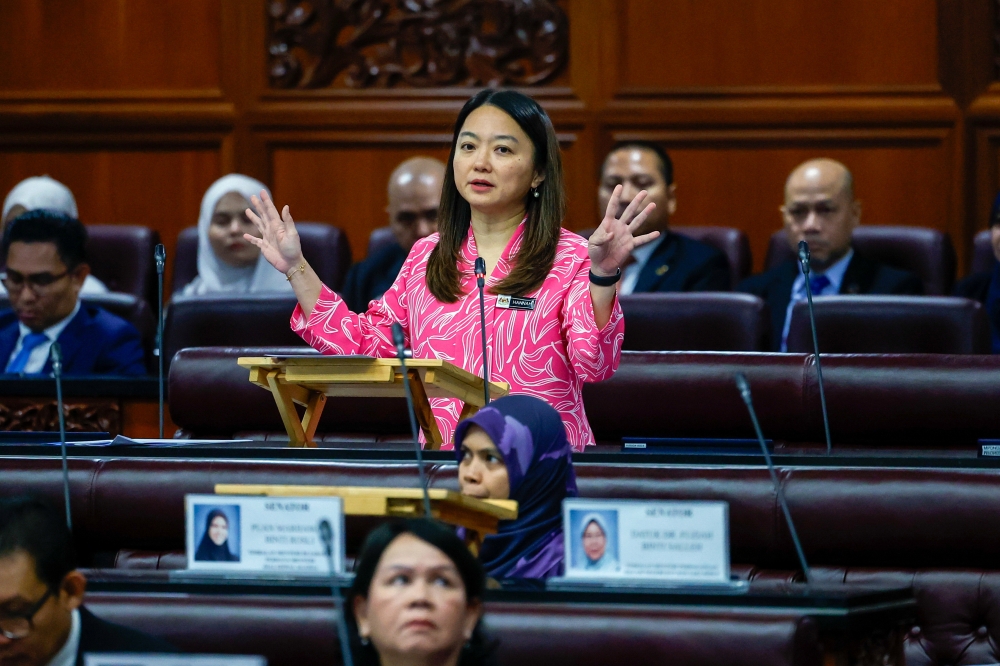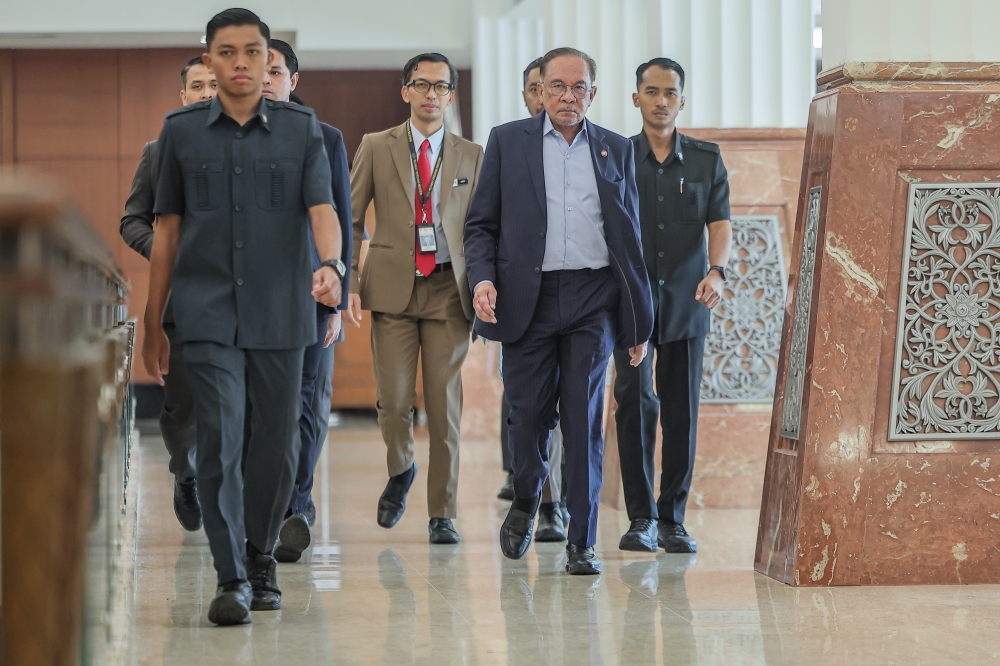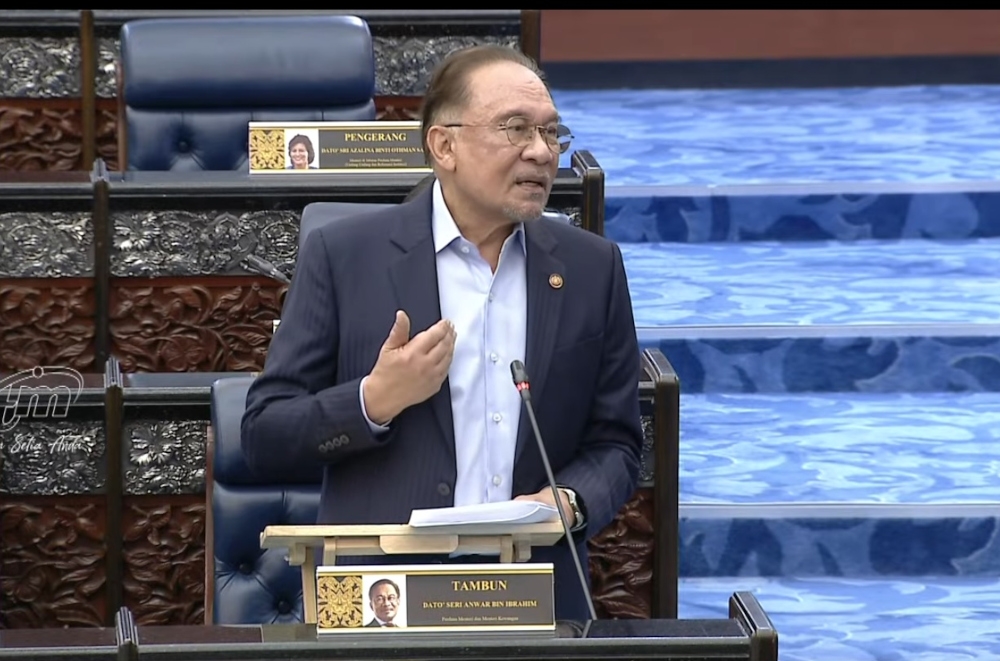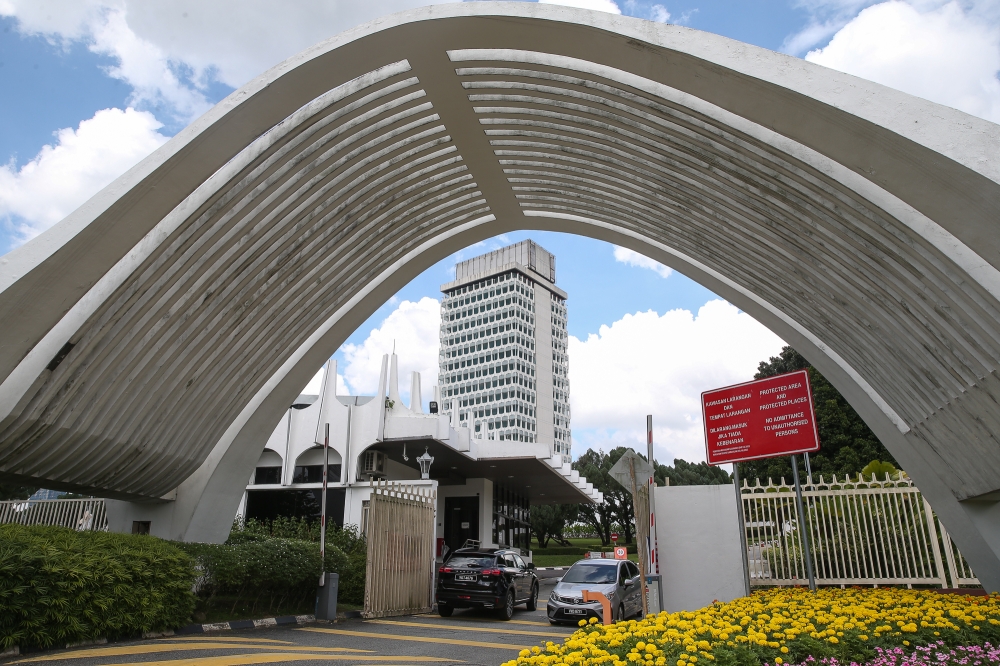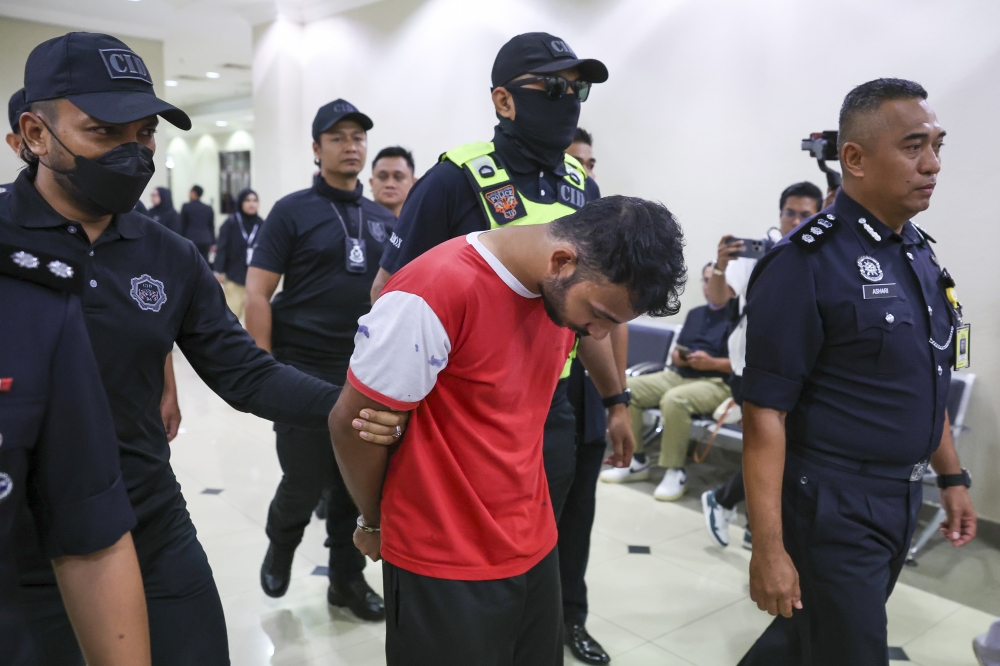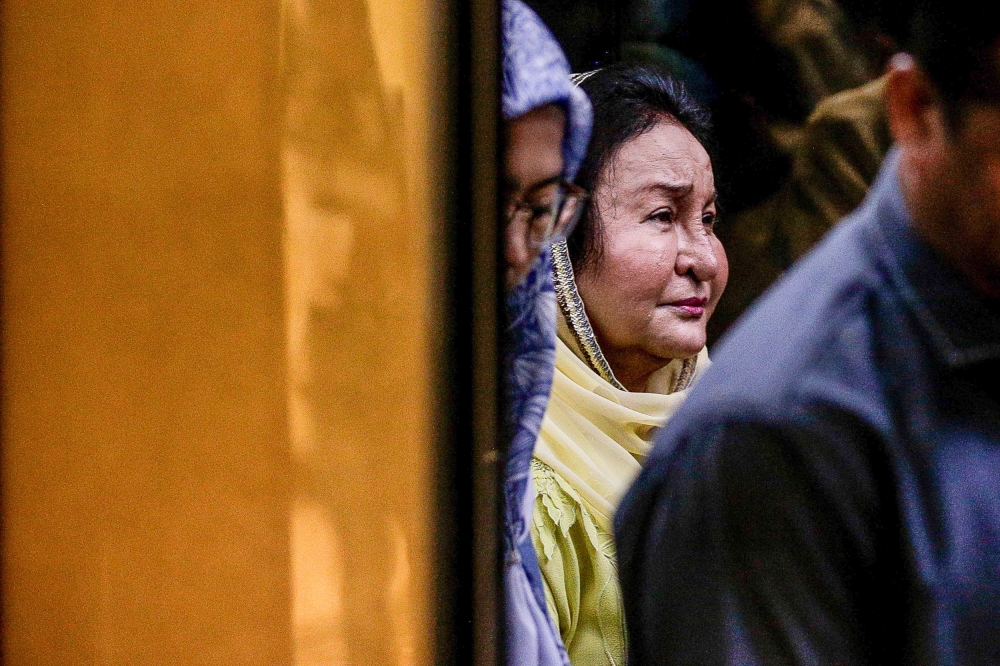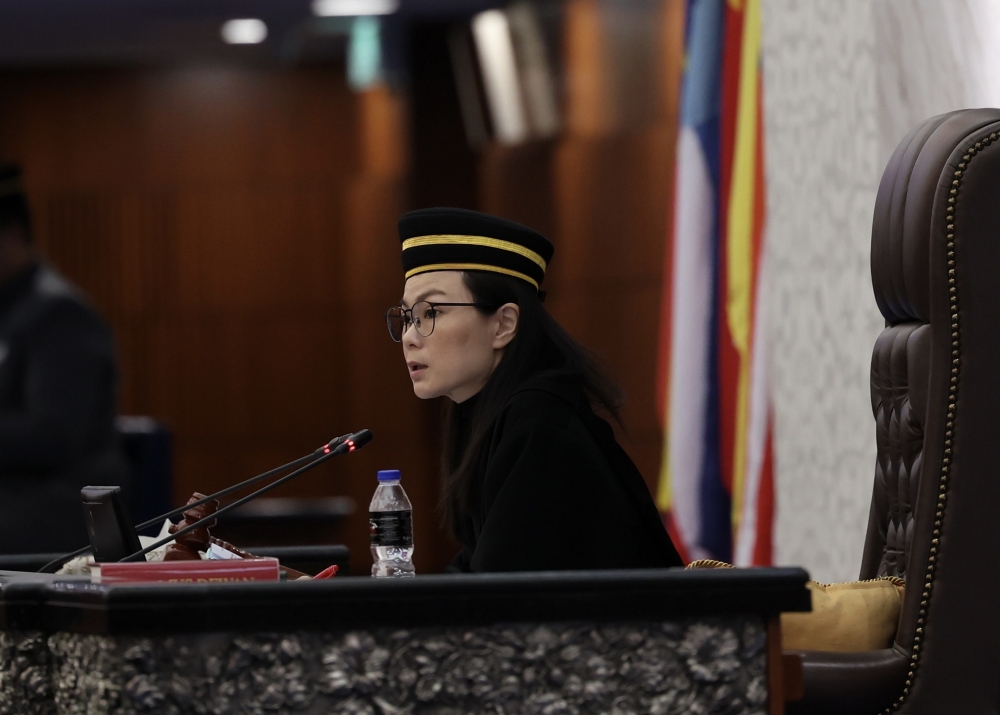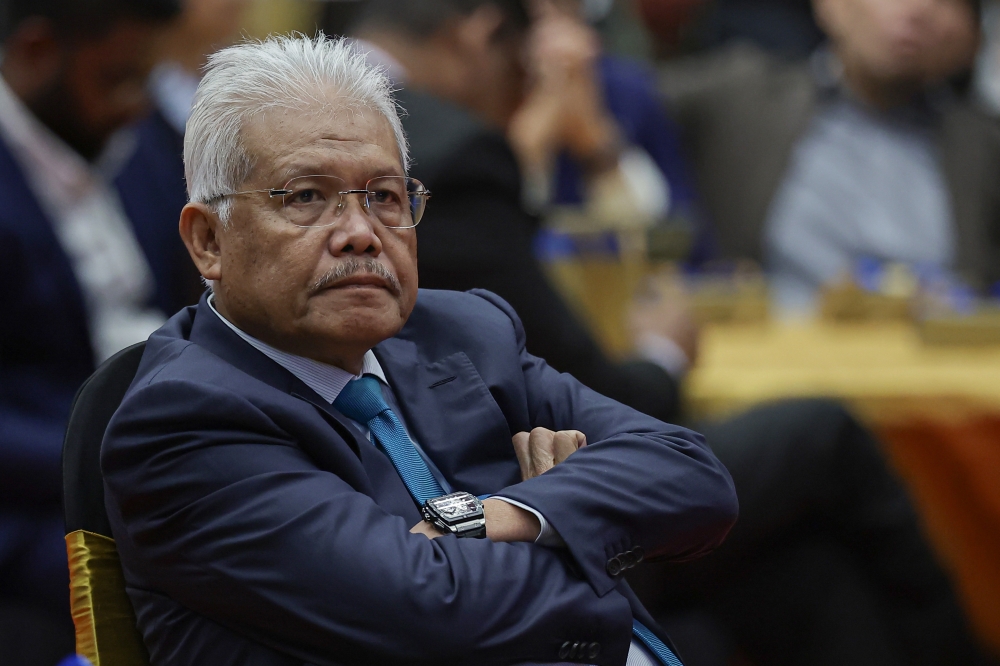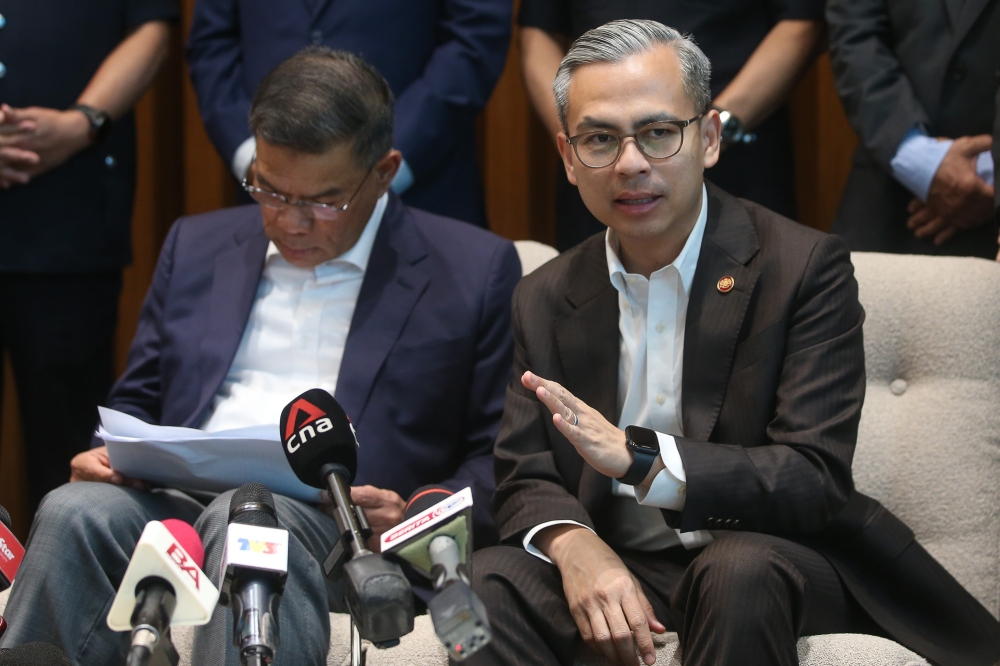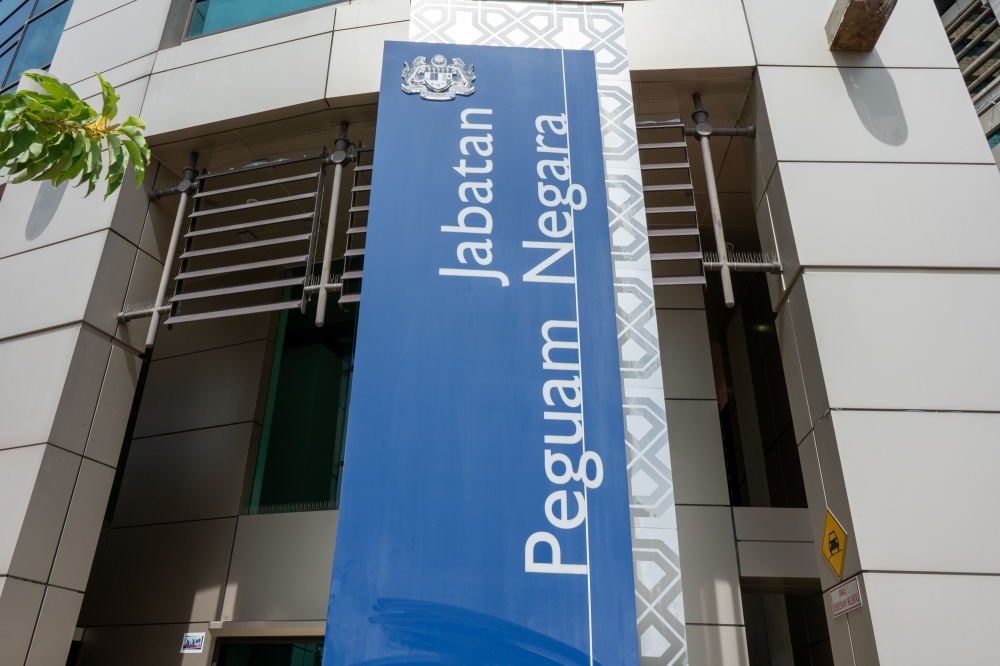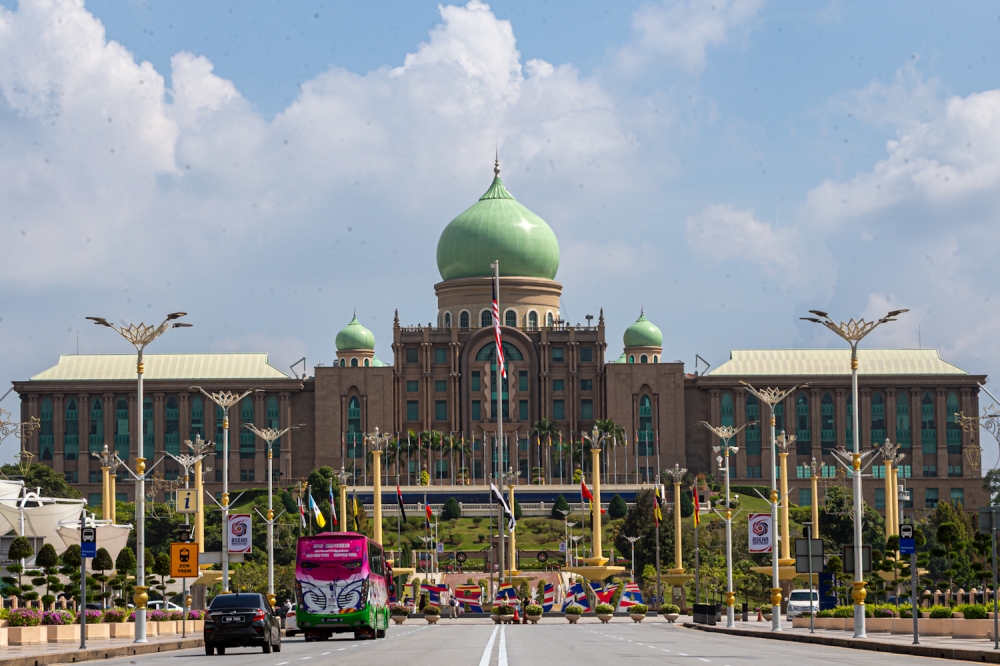OCTOBER 18 — The past couple of years have definitely been a mixed bag for the youth in Malaysia.
The success of Undi18’s campaign to lower the minimum voting age from 21 to 18 was definitely one of the high points. Not stopping there, their involvement in civic spaces has also increased through youth-led movements during the pandemic. Whether one agrees with the cause and method is immaterial as their bravery to stand up for what they believe in cannot be discounted.
Aside from that, youth frontliners have played an equally pivotal role in curbing the pandemic by signing up as medical and non-medical volunteers. The Malaysian Vaccine Support Volunteer (MyVac) initiative, in particular, gained widespread support from young Malaysians to help the country boost its daily vaccination rates amid the third wave of the pandemic.
Yet, these positive developments are taking place against a backdrop of worsening vulnerabilities and inequalities among the youth.
The closure of educational institutions and inherent difficulties with remote learning has created a lost generation of students and university graduates. The lack of digital infrastructure, proper equipment, and tech-savvy educators to support remote learning has also unfairly disadvantaged many students from households from lower socioeconomic backgrounds and rural areas.
The mental health of the youth is another worry, as they are confined to virtual spaces with limited real-life interaction. Alarmingly, the Royal Malaysia Police (PDRM) has reported that those between the ages of 15 and 18 made up a staggering 51 per cent of the total 1,708 suicide cases recorded from January 2019 to May 2021.
Not limited to that, disruptions to formal and informal work have made it difficult for young workers and first-time jobseekers to find sustainable jobs and livelihoods. In 2020, Malaysia recorded a youth unemployment rate of 12 per cent, an all-time high over the past three decades. Meanwhile, the Graduates Statistics 2020 reported that Malaysia's unemployed graduates rose by 22.5 per cent from 165,200 persons in 2019 to 202,400 persons in 2020. Additionally, skill-related underemployment in the country also rose sharply by 18.9 per cent, from 1.5 million persons in 2019 to 1.8 million persons in 2020.
These trends, however, were present pre-Covid-19 and are not necessarily new. As many have pointed out before, the pandemic did not create new problems but rather had shed light and exacerbated existing ones. As we move forward into the post-pandemic world, these are some of my thoughts on what needs to be done.
Firstly, despite the youth’s increased role in civic spaces and in democracy through enfranchisement, many of them still face tribulations in finding their voices and political space. Here, the onus is on authorities to ensure that these spaces, wherever they exist, are safe for the youth to express themselves. It goes without saying that no one should face threats — legal or otherwise — from their political participation.
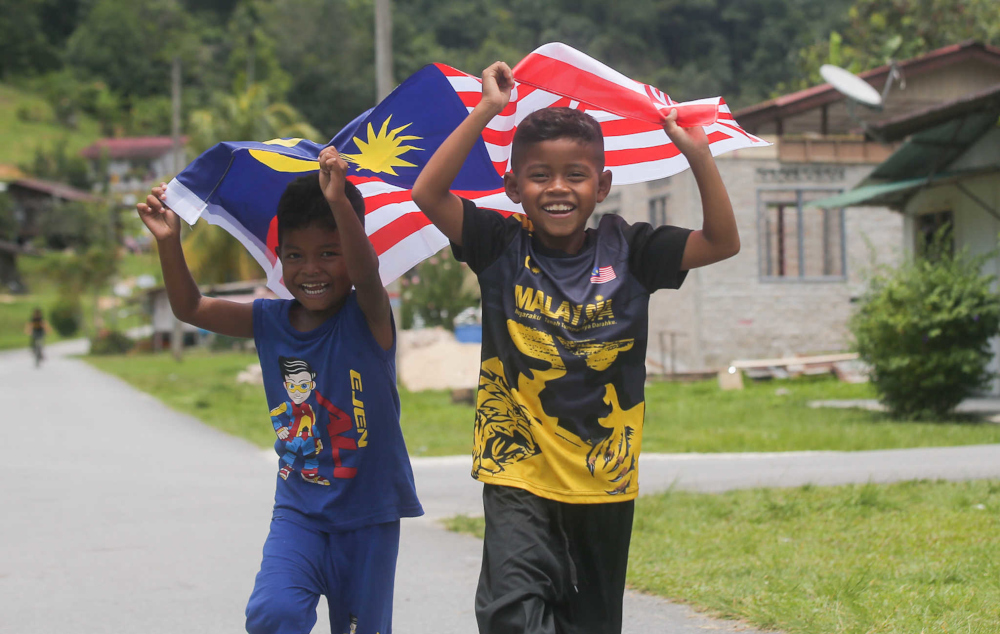
Secondly, on mental health, our primary focus must be on destigmatising mental health itself and conversations surrounding it. Myths and misconceptions surrounding mental health, too, must be dispelled. Here, mental health groups such as the Mental Illness Awareness & Support Association (MIASA) and the Green Ribbon Group can play a vital role in raising awareness and mainstreaming conversations on mental health issues.
Further, more must be done to address the lack of mental health professionals and accessibility to treatment in the country. As it stands, Malaysia only has a ratio of one psychiatrist to 100,000 people when the recommended ratio by WHO is one to 10,000 people. Towards increasing accessibility from a cost perspective, one option to consider can be to expand private health insurance to cover and reimburse mental healthcare services.
Thirdly, regarding the youth labour market, we need to future-proof the workforce by equipping them with the skill sets and qualifications necessary to meet the demands of workplaces. To achieve this, we need to widen their access to quality, reliable and affordable education while strengthening TVET education programmes. On top of that, we need to promote better labour market outcomes for our youth, such as reducing job uncertainties and improving wages. The government's active labour market policies, such as job creation and training, must be relevant to the dynamic needs of industries.
In sum, structural reforms to how we position and leverage the youth across our social fabric are essential to ensure that they can meet their full potential. As is, the future is bleak enough — and we are obliged to provide the youth with the necessary space, resources, and opportunities that allow them to thrive in the uncertain future ahead.
* Yohendran Nadar Arulthevan is a research intern at the Institute of Strategic and International Studies (ISIS) Malaysia. Experts focusing on the future of young Malaysians, and other post-Covid-19 recovery measures in Malaysia will be featured at ISIS Malaysia’s upcoming PRAXIS 2021 Conference on October 21-22. Details of PRAXIS 2021 can be found here https://www.isis.org.my/
** This is the personal opinion of the writer or organisation and does not necessarily represent the views of Malay Mail.


